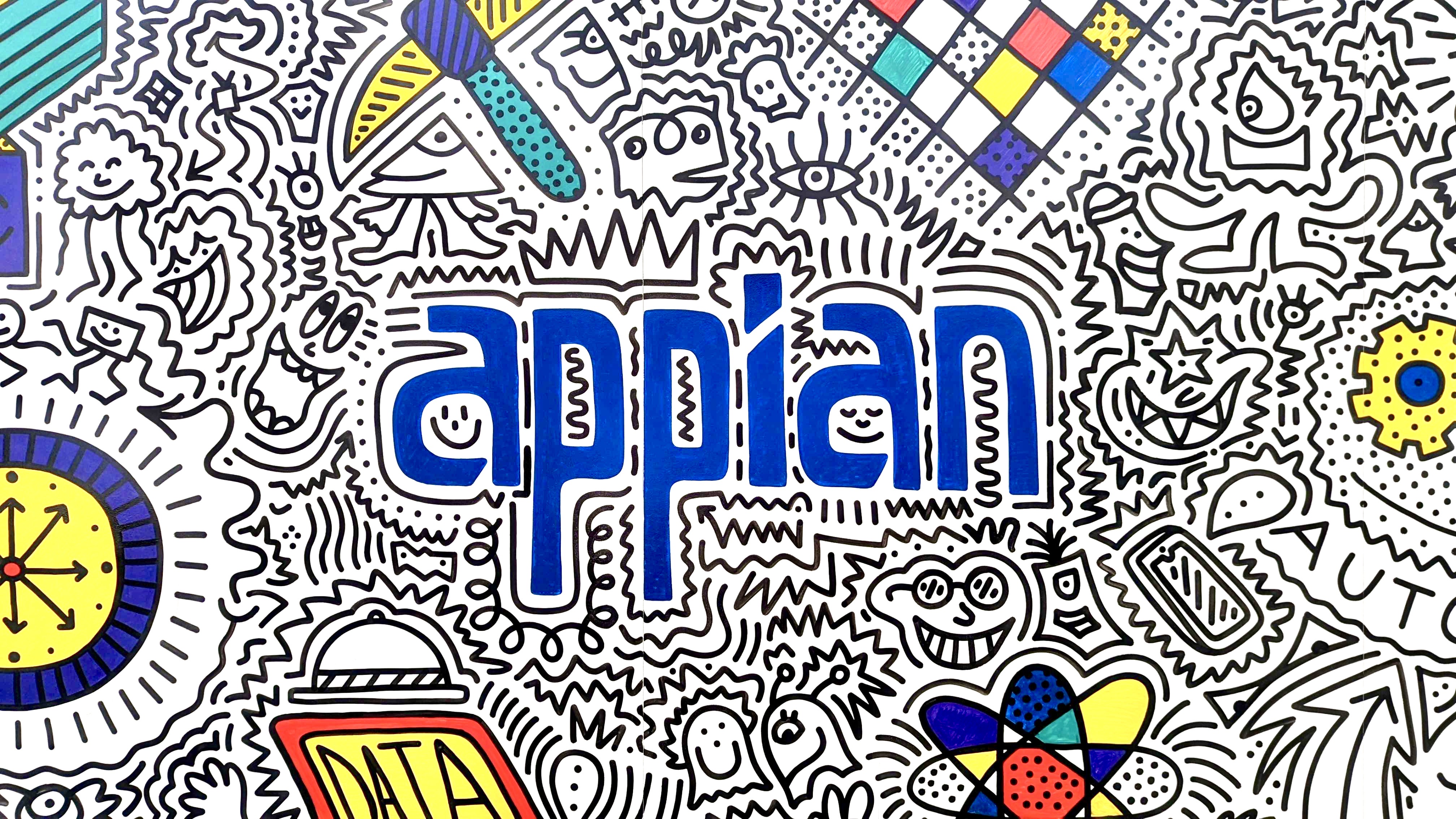How to become a computer programmer without a degree
You could kickstart your career with an online certification or by self-learning a programming language

The clearest path to becoming a top-quality computer programmer is by getting your bachelor's degree in computer science, but this is far from a hard and fast rule. There's no lack of talented programmers who got their start with nothing more than an online certification or by teaching themselves some of the more common programming languages, like JavaScript, Python or Ruby.
Will an associate's or bachelor's degree help you land a programming career? Of course. In fact, it'll likely make the process easier. That said, you'll also spend a lot of time in school learning topics that may not be directed at programming. However, with online certifications and self-teaching, you can learn only what's important to becoming a strong programmer.
Getting a degree in programming also comes with big tuition bills. As of the 2019-2020 school year, the average yearly tuition rings in at $36,880 for private colleges, $10,440 for in-state residents at public colleges, and $26,820 for out-of-state residents at public universities.
Even sticking with the cheapest option puts your estimated cost at $41,760 for a four-year degree in programming.
Skip those costs and the time associated with formal schooling. Here how you can becomes a computer programmer without a college degree. Here's how.
Your path to a career as a programmer without a degree
There is no shortage of programming jobs available. Visit any job board and search “programming jobs.” You’ll see a multitude of entry-level programming jobs at various companies. However, it can be a competitive arena with many people all vying for similar positions. That means it can help to find your particular programmer niche.
Before jumping headfirst into applying for a job as a programmer, though, you must decide what type of programmer you want to be and how to tailor your knowledge base to match your career aspirations.
Sign up today and you will receive a free copy of our Future Focus 2025 report - the leading guidance on AI, cybersecurity and other IT challenges as per 700+ senior executives
Jumping into a computer programming career is simple enough. Computer programmers are the ones behind the scenes writing and editing code for software programs. To be a successful computer programmer, you need great attention to detail. You must also be an expert troubleshooter, as computer programmers are responsible for ensuring programs run error-free.
If you’re interested in designing and creating websites and working in a variety of fields, becoming a web developer may be a good option. The employment outlook for web developers is strong, as it’s projected to grow 13% by 2028, making this career path a great choice for budding programmers.
Of course, those aren’t the only two career paths you can take as a programmer. With the right certification and hands-on experience, you can also pursue a career as a programmer analyst, mobile app developer or computer systems engineer.
Once you’ve identified the type of programmer you’d like to be, you’ll have a much easier time choosing your next steps.
Earn an online certification to become a programmer
While a college degree looks good on your resume, you don’t need one to be a programmer. Instead, consider the benefits of getting an online certification. There are plenty of online organizations offering certifications in programming, including Codeacademy, Udemy, Udacity, LinkedIn Learning and many others. The internet offers a wealth of online certification options for budding programmers to choose from. If time is also a concern, then many of these courses allow you to take modules and complete your certification whenever it suits you.
Check out these online courses for aspiring programmers:
- MIT OpenCourseWare offers a comprehensive selection of entry-level programming courses. Kickoff your training with introduction to computer science and programming. This course will help you learn the basics of programming and Python, which is one of the most common programming languages.
- edX, which is is spearheaded by MIT and Harvard University, provides online courses, including introduction to programming, Java, Python and more.
- Codeacademy is among the best-known online courses for those looking to kickstart a career as a programmer. With Codeacademy, you can learn some of the most common programming languages.
- freeCodeCamp offers multiple online certifications. As an aspiring programmer, you could pursue a certification in responsive web design or opt for one in JavaScript algorithms and data structures.
Teach yourself a programming language
Whether you decide to pursue an online certification or not, you must learn a programming language to become a programmer. While many online certifications include this in their coursework, you can also teach yourself by watching YouTube videos, reading books and creating personal projects. One major benefit of YouTube is the many programmer-centric channels available to watch for free.
Even after you feel comfortable with a language, continue this self-training to perfect your coding skills.
Popular programming languages:
- Java is a great language to learn as an aspiring programmer. Not only is it one of the best-known programming languages, but it’s also a versatile language.
- JavaScript is commonly used by web developers. Many of the internet’s most popular sites are created using JavaScript. If you’re interested in a career as a web developer, JavaScript is the way to go.
- Python is a widely used programming language in software development. So, if you plan to skew your programming career toward software development, consider learning this language.
- Swift is used to create macOS, iOS, watchOS and tvOS applications. If you’re interested in developing software or apps for Apple products, learning Swift is a must.
Finding a job as an entry-level programmer
RELATED RESOURCE

Getting started with Azure Red Hat OpenShift
A developer’s guide to improving application building and deployment capabilities
Once you’ve earned a certification or taught yourself a common programming language, it’s time to find an entry-level programming job. Fortunately, there are plenty of ways to go about this.
If you’ve applied to jobs before, you’ve likely used a job board. Finding a job as a programmer will be similar. From popular sites like Indeed to more niche job boards like Geekwork, you’re sure to find an entry-level programming job on the internet’s many job boards.
Applying for a job online isn’t the only way to break into programming. If you know anyone who works as a programmer, ask them how they landed their job. Many will say it was networking with other programmers.
Networking with employed programmers will give you the opportunity to learn more about what it takes to become a programmer and could even lead you to your first job.
Quick tips for landing your first programming job:
- Before applying for a programming job, update your resume. Make sure it’s well-written and reflects all you’ve learned. If you’re unsure of how to structure your resume, consider working with a career coach or asking someone who’s already working as a programmer.
- LinkedIn is a great resource for job hunters. Your profile should be error-free and highlight all your programming skills. You can also use LinkedIn to apply for jobs, connect with hiring managers and research companies in your area.
- Professional groups and associations can be a great way to break into programming. Joining an organization such as the International Association of Computer Science and Information Technology can help connect you to job opportunities, additional courses and professional networking events.
Put your programming career in your hands
Embarking on a new career path can be intimidating, but don’t let pursuing an online course or teaching yourself a programming language get you down. The skills you’ll develop as a programmer will be indispensable as your career progresses and will undoubtedly help put you on the path to success. Think of yourself as a lifelong learner, too. It's always worth revisiting or taking more advanced online courses to sharpen your skills.
Now’s the time to put your dream in your hands and turn it into a career in programming.
-
 Appian wants to be the AI company for AI skeptics
Appian wants to be the AI company for AI skepticsAnalysis The firm outlines its AI strategy at Appian World 2023 while using ChatGPT and Midjourney to create scripts and imagery for keynote presentations
-
 GitHub launches paid remote internships with expansion plans underway
GitHub launches paid remote internships with expansion plans underwayNews The launch follows a successful trial and will initially be available for students in ten countries
-
 Record computing degree applications driven by AI interest, says BCS
Record computing degree applications driven by AI interest, says BCSNews The institute suggested students are attracted to computer sciences by innovative areas, which also include machine learning and the fight against climate change
-
 Women pursuing computing degrees surges, the biggest growth rate of any subject area
Women pursuing computing degrees surges, the biggest growth rate of any subject areaNews However, the amount of women beginning computing degrees this year is still low compared to men, a figure of 6,450 compared to 27,735
-
 Are coding bootcamps worth the investment?
Are coding bootcamps worth the investment?In-depth Fast-track software development programmes often promise a quick way into a high-paying and lucrative career, but you’d be right to approach with caution
-
 Why low-code and no-code can be a route through recession
Why low-code and no-code can be a route through recessionIn-depth Businesses in need of cost and time-savings might benefit from alternative methodologies
-
 Podcast transcript: Why devs are collaboration experts
Podcast transcript: Why devs are collaboration expertsIT Pro Podcast Read the full transcript for this episode of the IT Pro Podcast
-
 The IT Pro Podcast: Why devs are collaboration experts
The IT Pro Podcast: Why devs are collaboration expertsIT Pro Podcast When it comes to cooperation, businesses could learn a few things from their IT team

